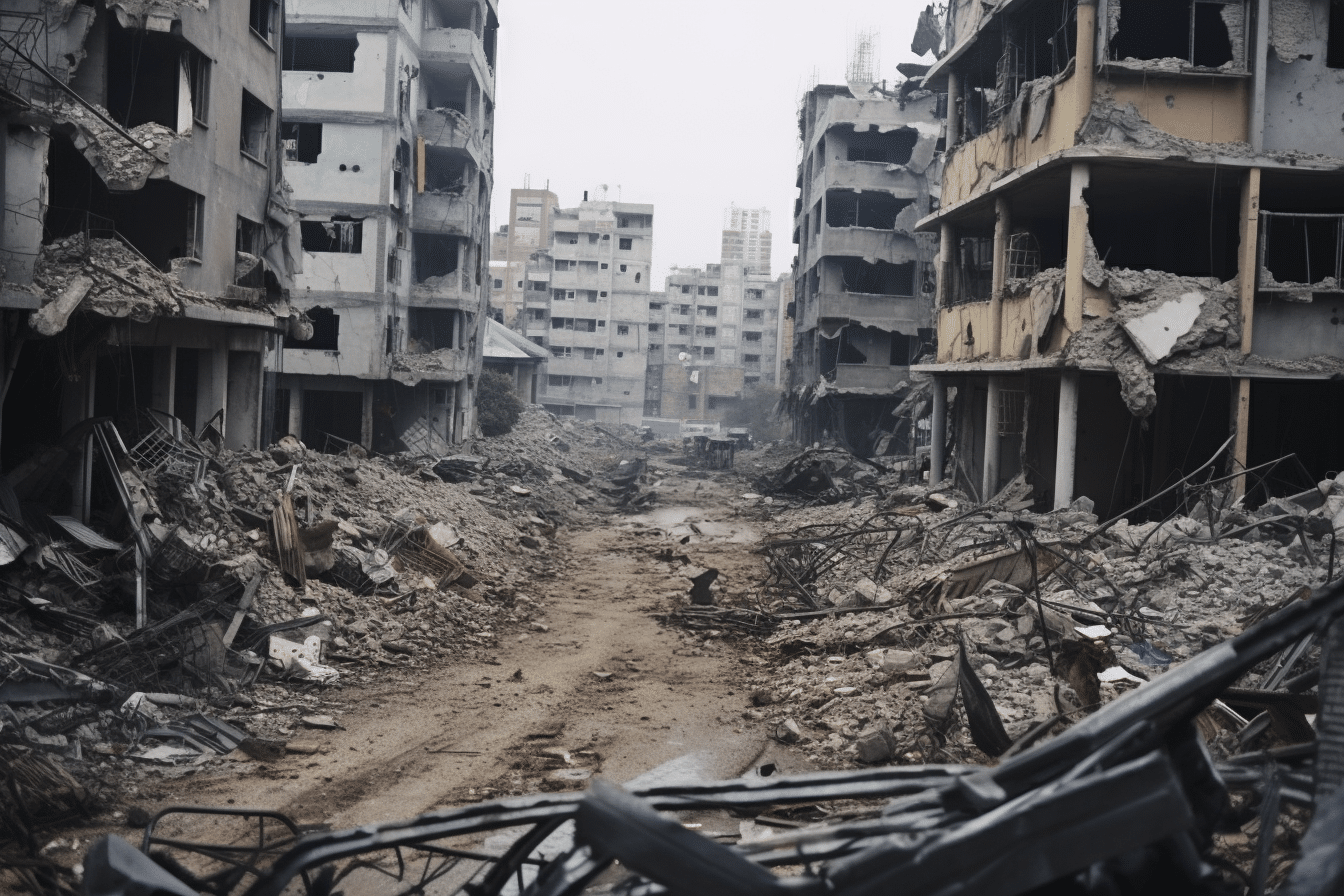
The air in Gaza reeks of destruction and despair as the city remains under siege, punctuated by the relentless roar of Israeli airstrikes. Even as homes are reduced to rubble, and essential resources depleted, there seems to be a glimmer of hope for some. Hundreds of dual passport holders and dozens of severely injured Palestinians have been allowed to leave Gaza. This departure comes after more than three weeks of lockdown, leaving residents to grapple with the increasing perils of war.
Wael Abu Omar, a spokesperson for the Palestinian Crossings Authority, confirmed that 110 foreign passport holders were permitted to exit Gaza on Wednesday afternoon. Furthermore, six buses carrying 335 foreign passport holders left Gaza through the Rafah crossing into Egypt. The expectation is that more than 400 foreign passport holders will travel to Egypt. However, Egypt has stated it will not accept an influx of Palestinian refugees due to concerns that Israel will prevent their return to Gaza post-war.
Despite the permitted exodus, the dire circumstances in Gaza persist. The territory, home to approximately 2.3 million people, is grappling with a severe humanitarian crisis. Over half the population has fled their homes, and supplies of food, medicine, water, and fuel are dwindling rapidly.
The war has already claimed the lives of more than 8,700 Palestinians, mostly women and children, and has wounded over 22,000 people. On the Israeli side, over 1,400 people have lost their lives, predominantly civilians, with Palestinian militants abducting around 240 individuals.
U.S. Secretary of State Antony Blinken, in a congressional testimony, suggested that “an effective and revitalized Palestinian Authority” should govern and have security responsibility for Gaza. However, this notion seems distant, given the current realities of the war and the fractured political landscape in Palestine.
As the war in Gaza continues to wreak havoc, the departure of dual nationals and injured Palestinians offers a slight reprieve. Yet, the ongoing conflict continues to claim lives and displace thousands. The complexity and the devastation of the situation necessitate an urgent call for peace, restoration, and a sustainable solution for the people of Gaza and the broader region. The question remains: After the dust settles, who will govern Gaza, and how will the wounds of war heal?
